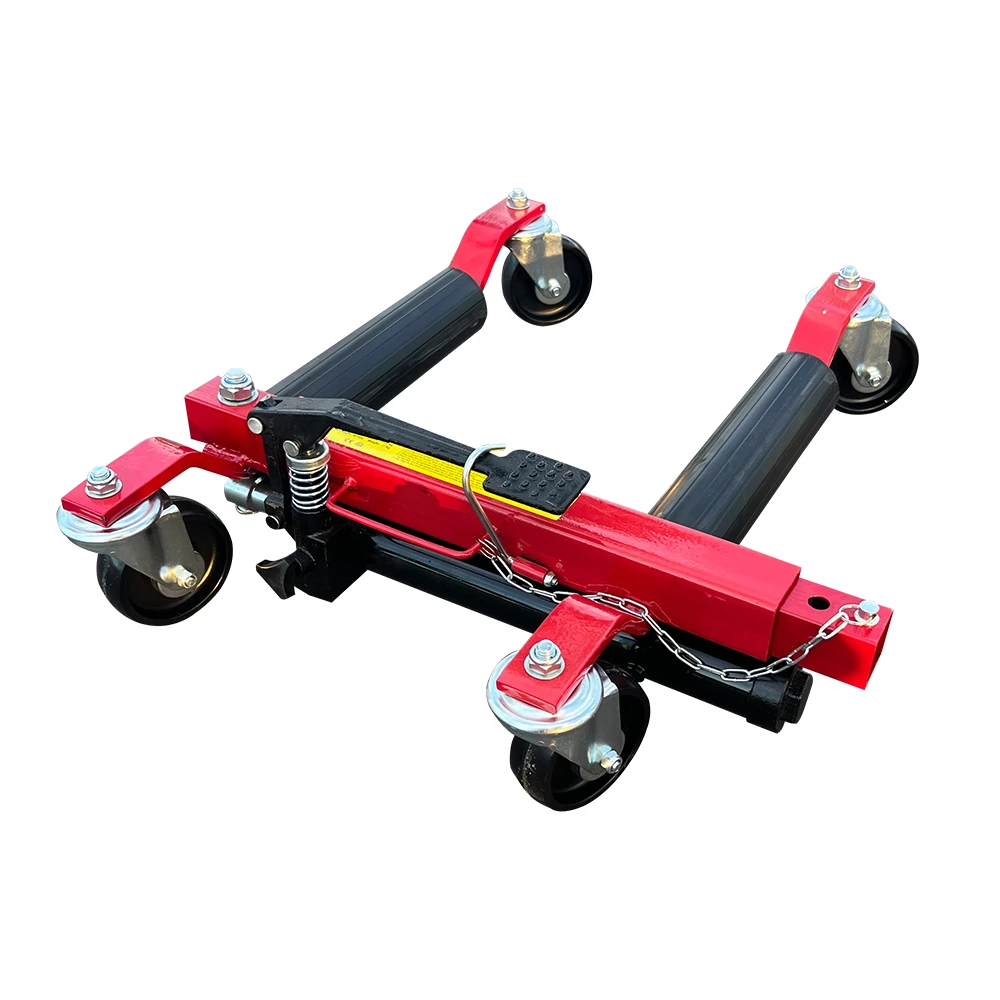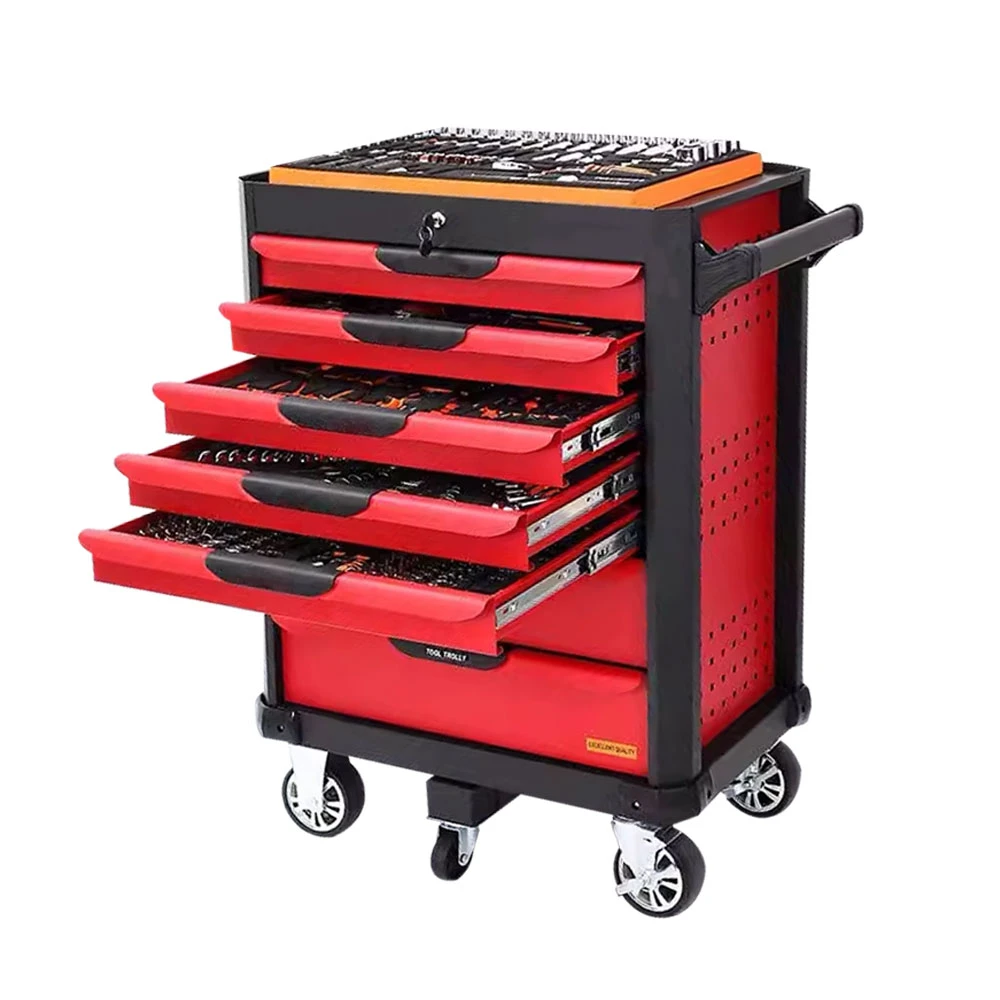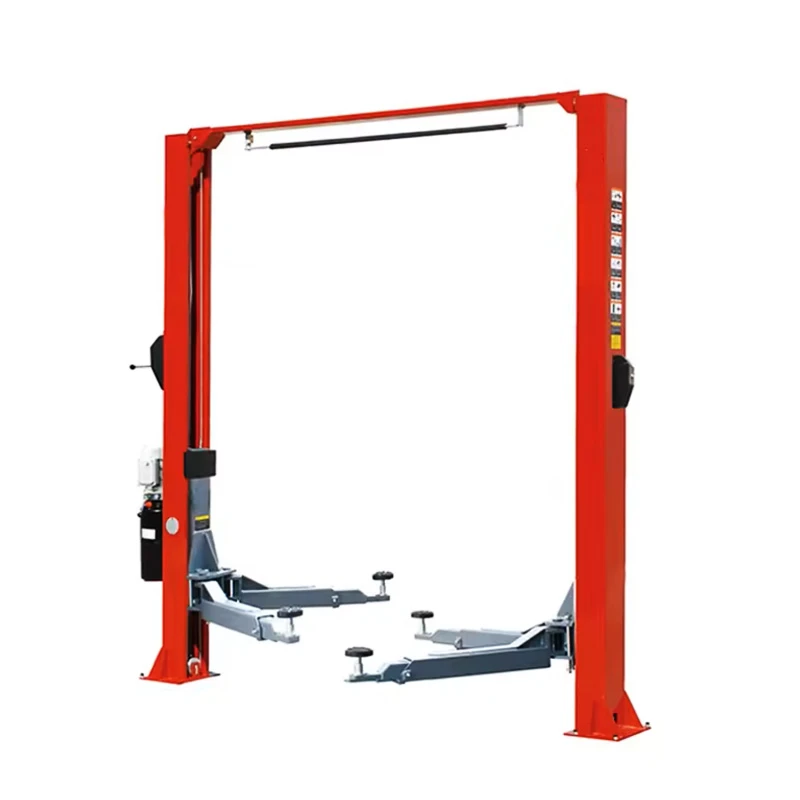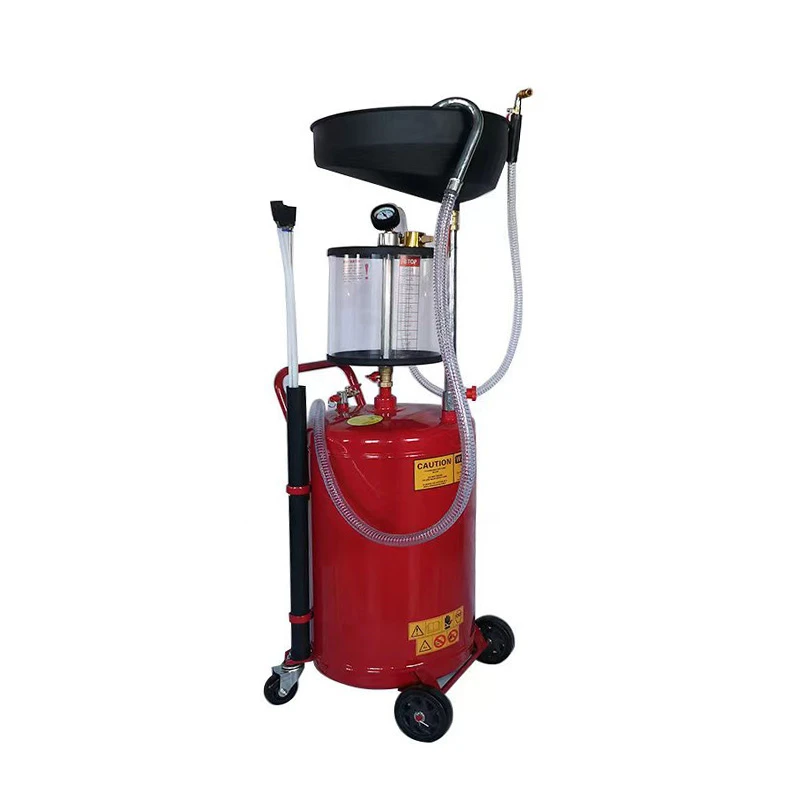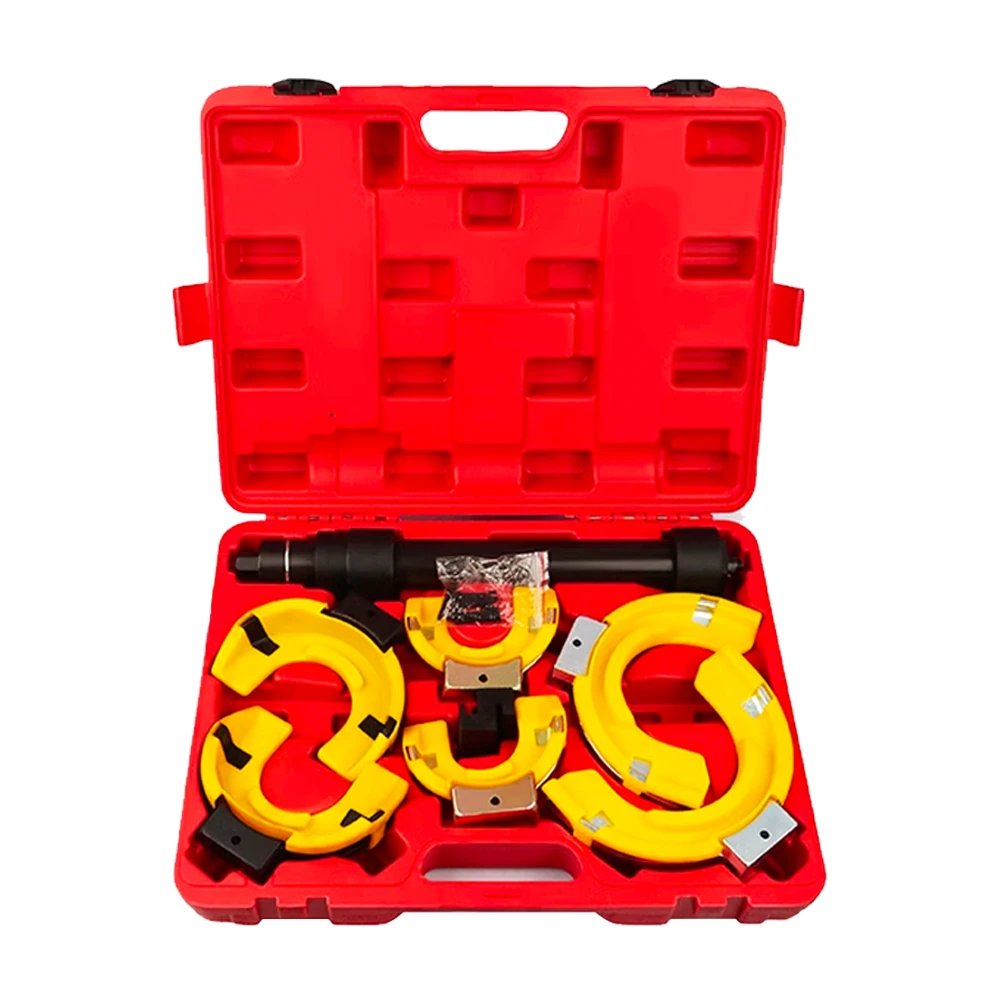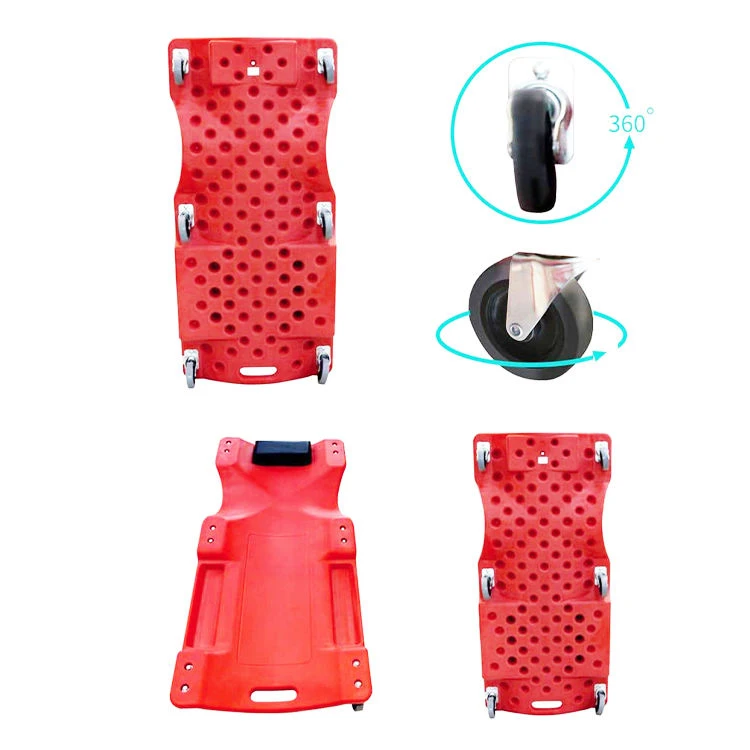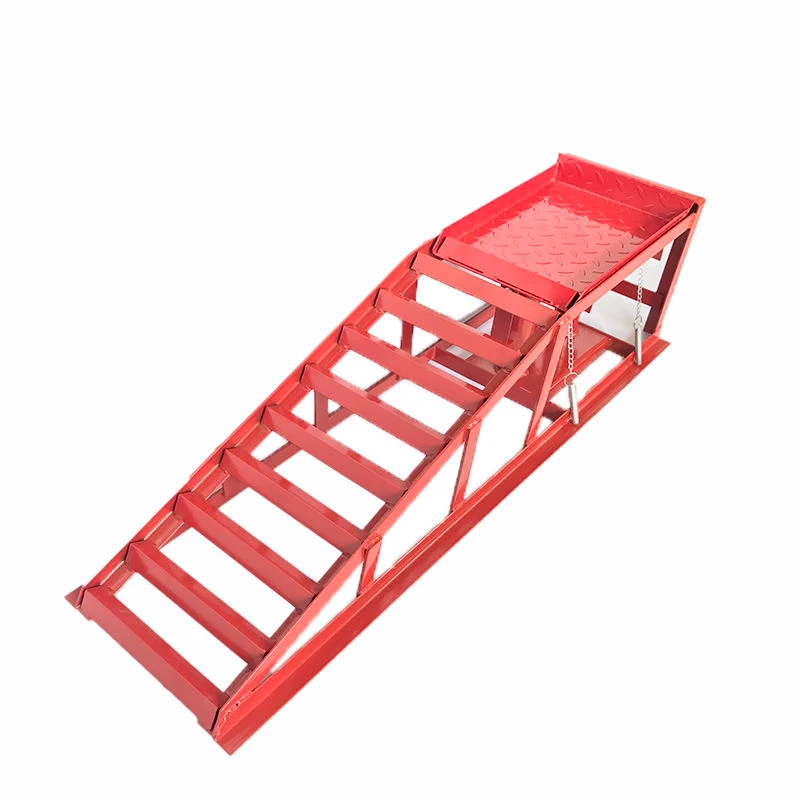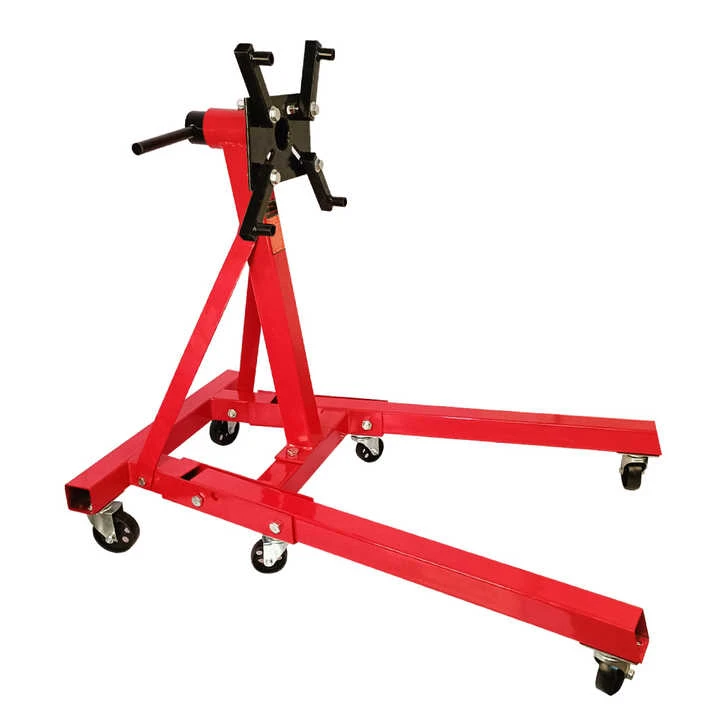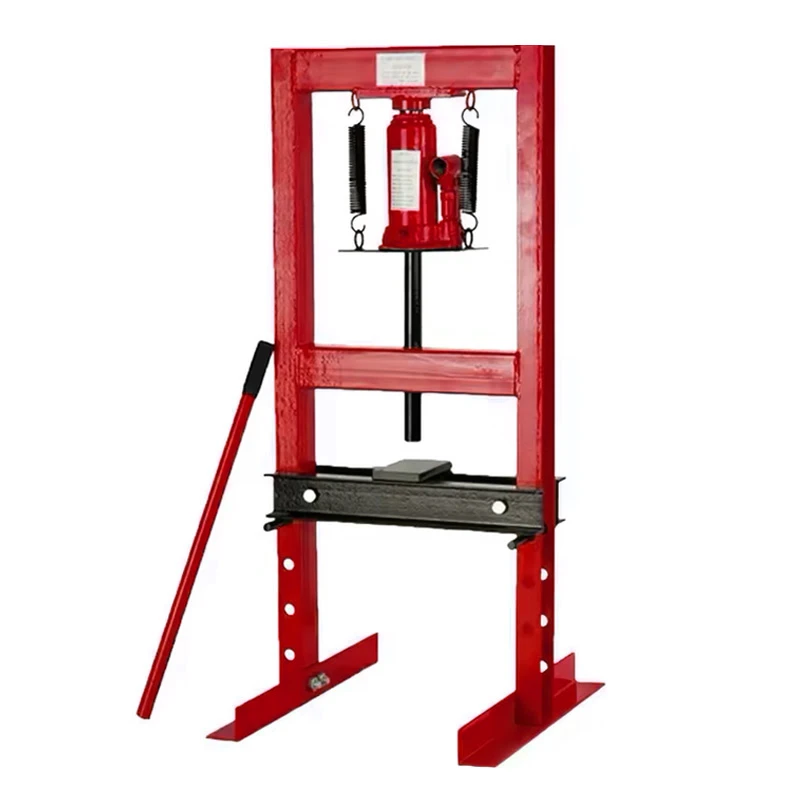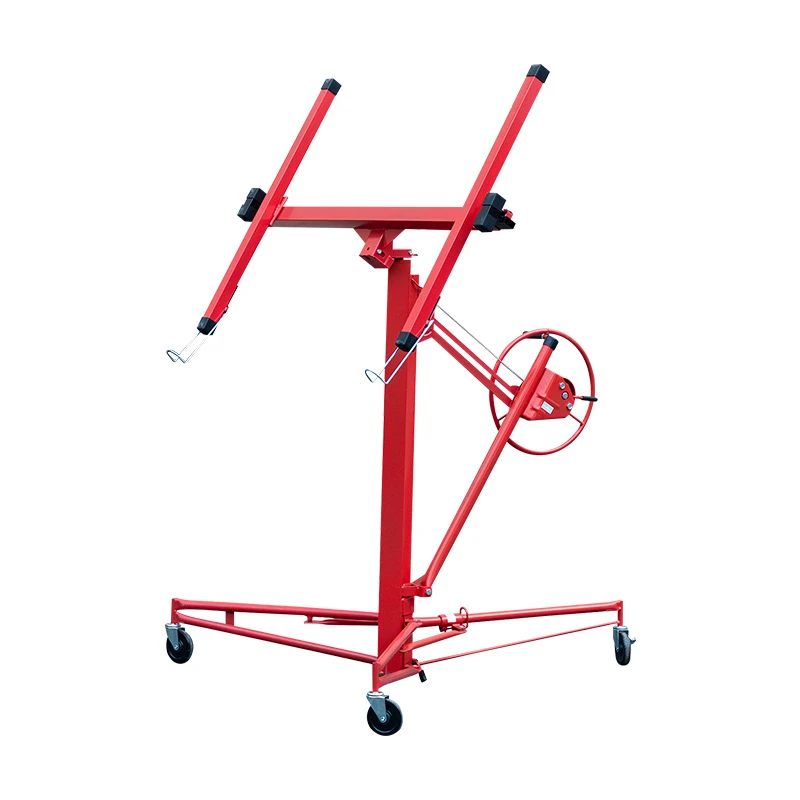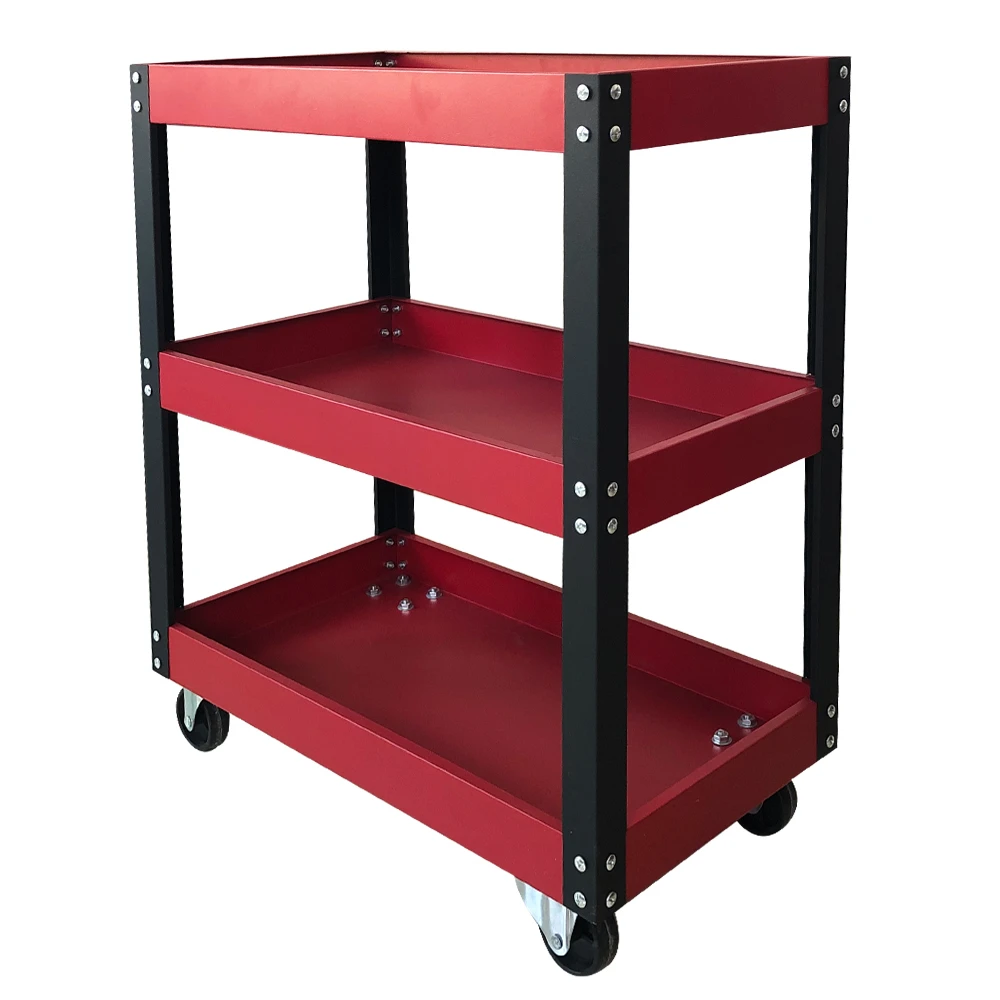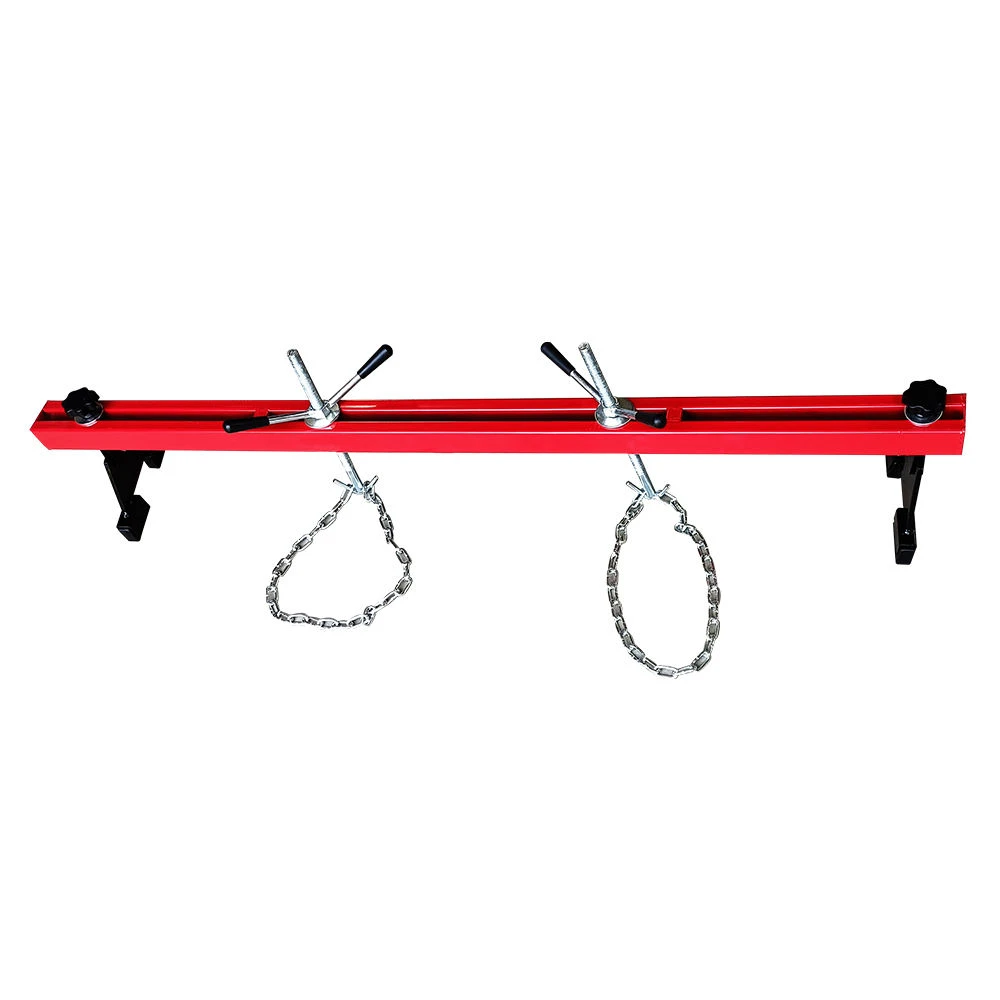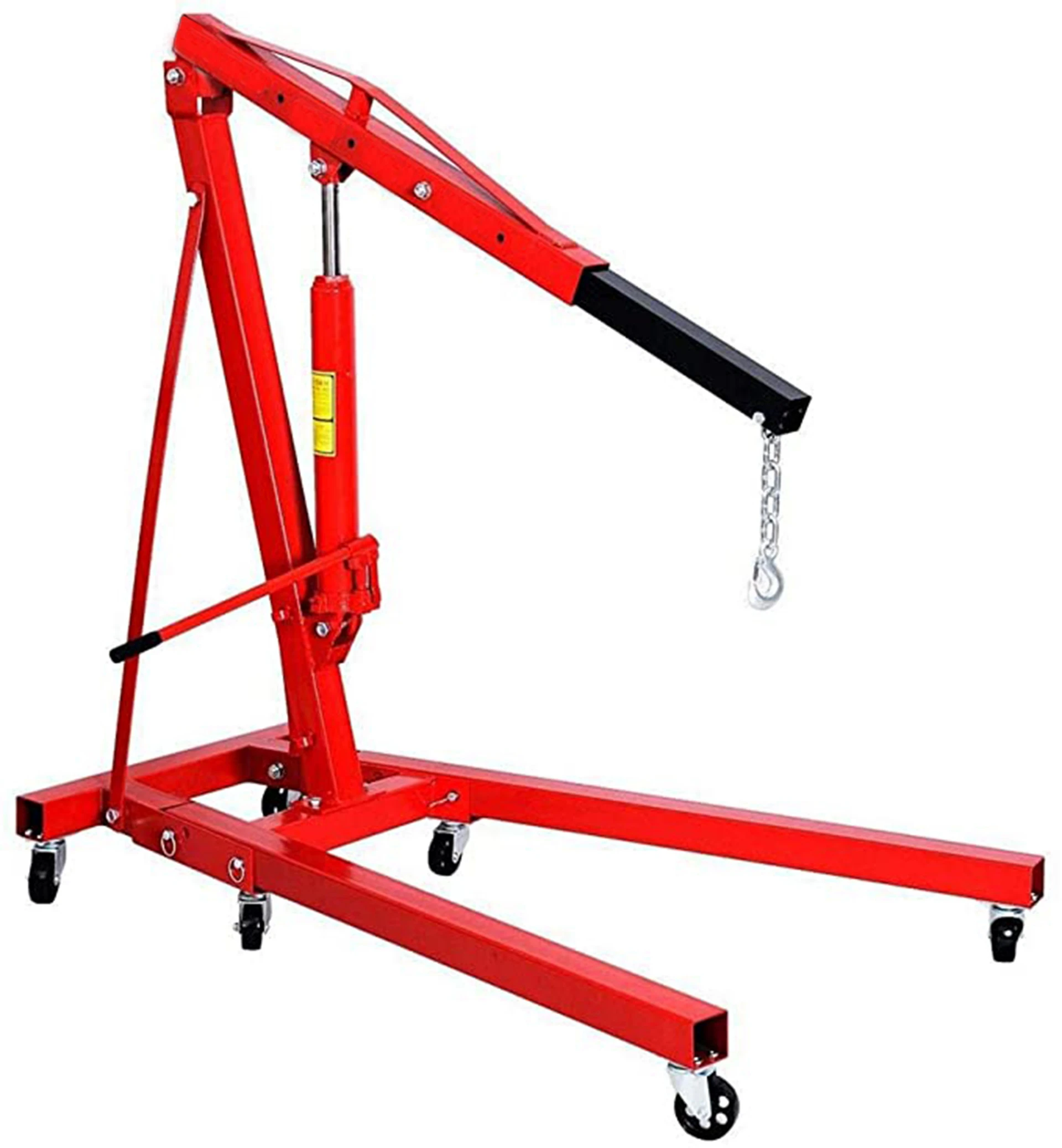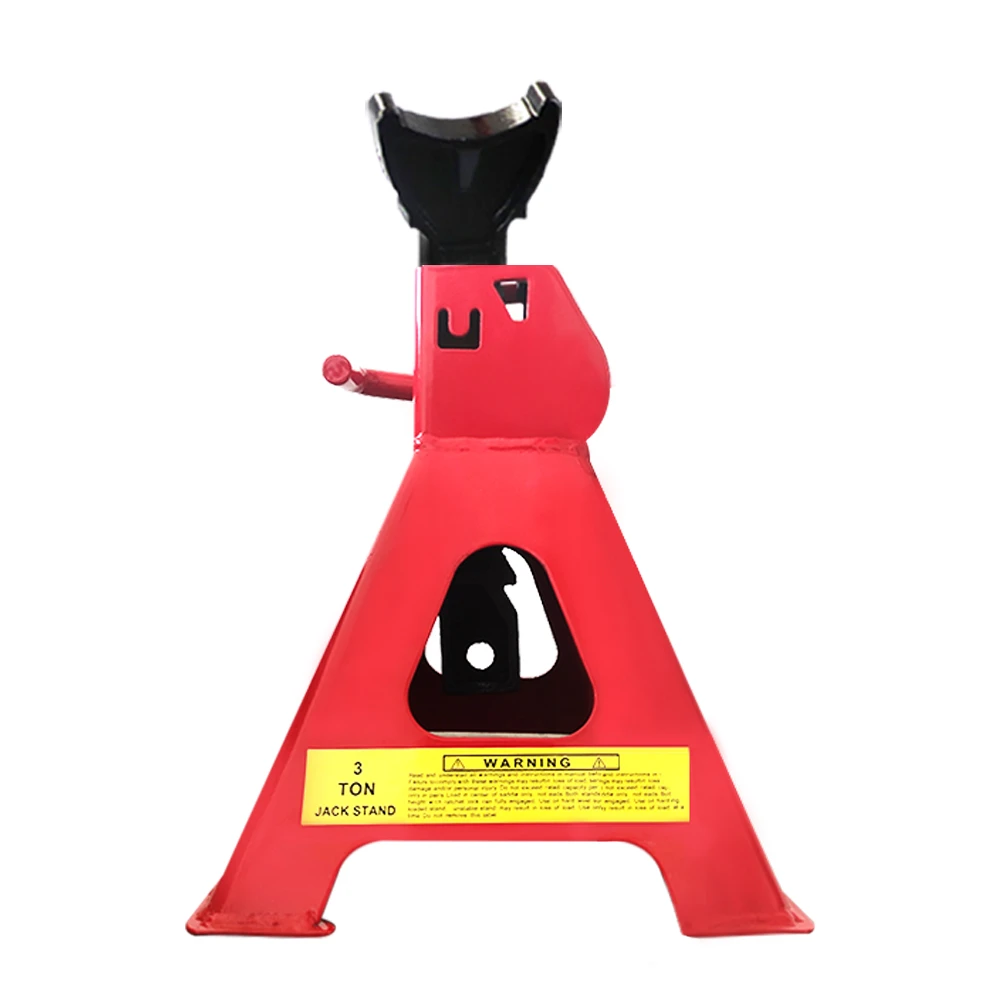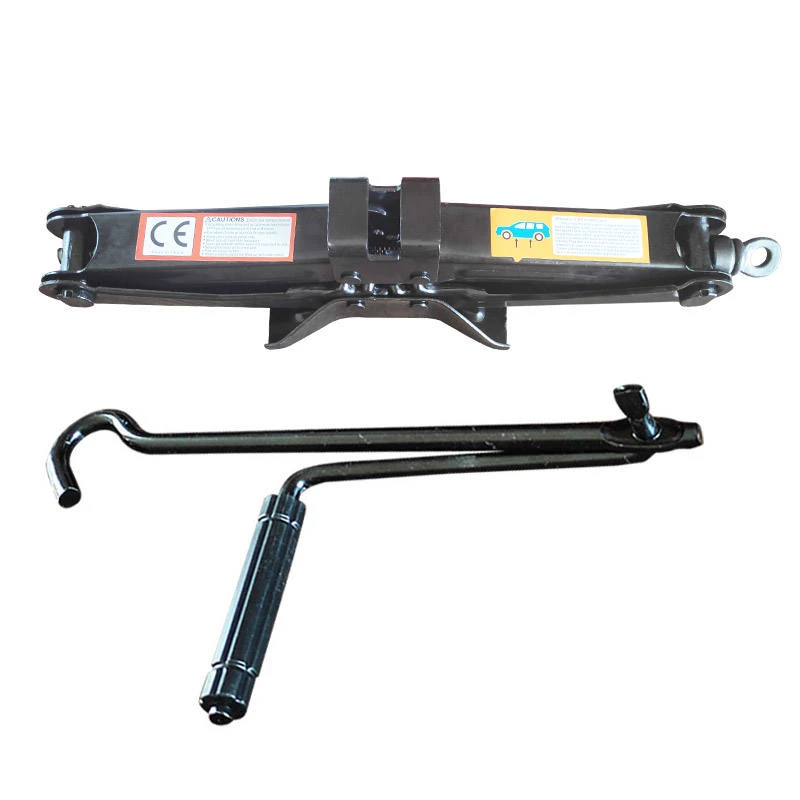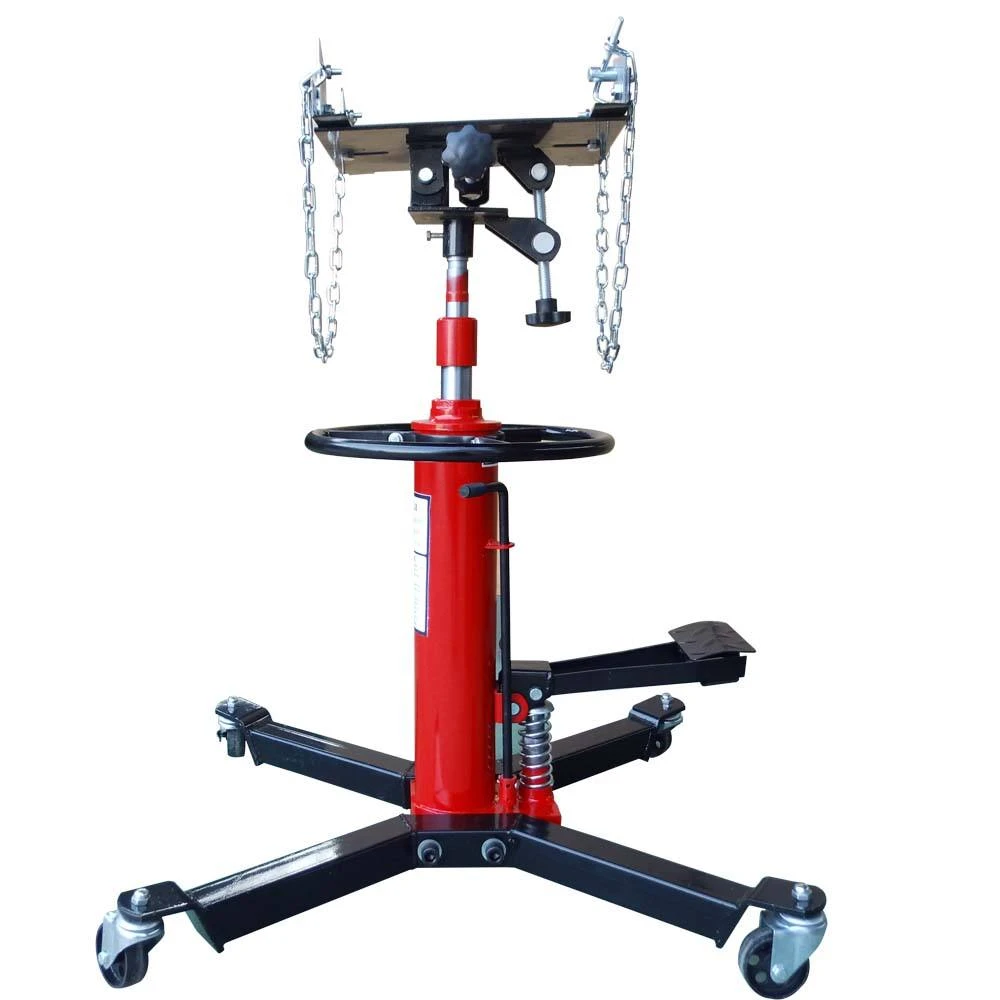75 Ton Shop Press Heavy-Duty Hydraulic Press Machine for Industrial Use
- Introduction to industrial press capabilities
- Understanding force requirements for different materials
- Structural engineering and press construction techniques
- Leading manufacturers and model specifications comparison
- Industry-specific customization solutions
- Operational case studies and workflow applications
- Investment value analysis for fabrication businesses
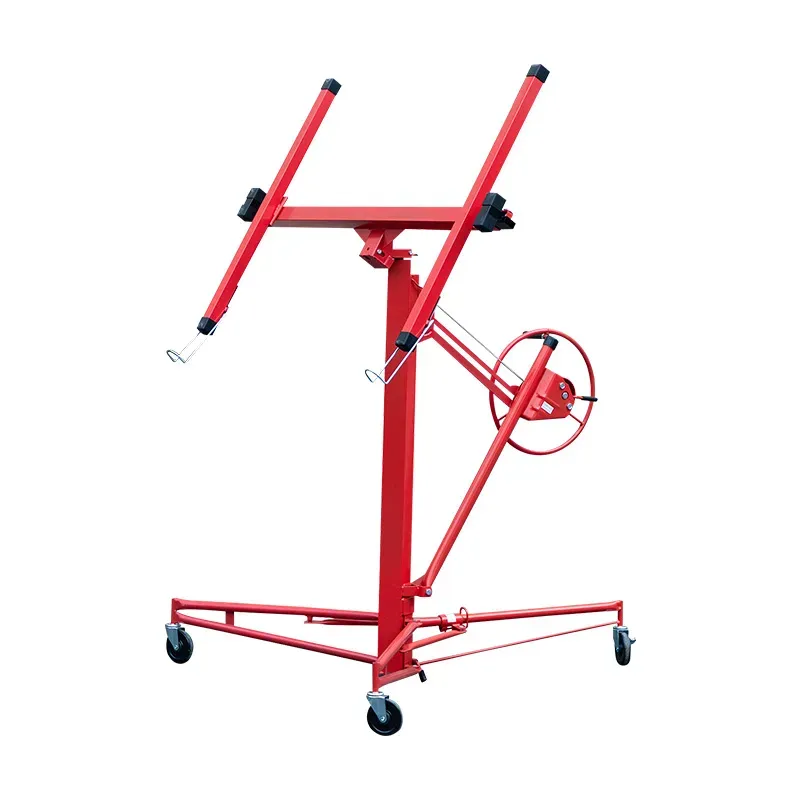
(75 ton shop press)
The Fundamental Role of Industrial Presses in Modern Fabrication
Shop presses represent essential infrastructure in metalworking facilities, providing controlled force application for bearing installation, bushing removal, and straightening operations. The 75 ton shop press
occupies a critical position between standard workshop equipment and industrial machinery, delivering sufficient force for automotive restoration while maintaining workshop accessibility. Modern hydraulic systems achieve precise pressure control within ±1.5% variance, converting hydraulic pressure into linear motion through precisely calibrated cylinders.
Calculating Operational Force Requirements
Material deformation characteristics determine actual press requirements. Aluminum components typically demand 8-15 tons per square inch for forming operations, while high-carbon steels require substantially greater force profiles. A 75 ton press provides adequate capacity for automotive frame straightening at approximately 68 tons required force, leaving operational overhead for unexpected material variables. Comparatively, 50-60 ton presses serve lighter-duty applications like universal joint replacement with 40-45 ton requirements.
Structural Integrity and Advanced Press Construction
Premium press manufacturers employ finite element analysis during design phases, modeling stress distribution across critical points. The industry standard utilizes ASTM A36 steel for frames, featuring a 58,000 PSI yield strength reinforced with 1-inch thick vertical columns. Pneumatic-hydraulic systems achieve optimal efficiency with cylinder cycles as rapid as 7.5 seconds for full extension, reducing operation time compared to purely hydraulic configurations. Dual-stage pumps deliver high flow during rapid approach before shifting to high-pressure mode for working phases.
Technical Specification Comparison of Leading Models
| Specification | 75-Ton Premium | 60-Ton Industrial | 55-Ton Standard | 50-Ton Economy |
|---|---|---|---|---|
| Frame Construction | 1.25" Plated Steel | 1" Reinforced Steel | 3/4" Structural Steel | 5/8" Fabricated Steel |
| Bed Dimensions | 30"x28" (762x711mm) | 28"x24" (711x610mm) | 26"x22" (660x559mm) | 24"x20" (610x508mm) |
| Daylight Clearance | 43" (1092mm) | 38" (965mm) | 36" (914mm) | 34" (864mm) |
| Return Mechanism | Dual Spring Assisted | Spring Assisted | Manual Return | Manual Return |
| Typical Applications | Locomotive bearings | Agricultural equipment | Heavy truck repair | Automotive restoration |
Configuration Options for Industry-Specific Requirements
Manufacturing facilities often integrate custom bolster plates with T-slots for fixturing standardization across production runs. Stamping operations require quick-change tooling systems enabling die swaps under 30 minutes. Foundries frequently select deep-throat configurations featuring 18-inch throat depths for casting repair tasks. For hazardous material applications, optional explosion-proof hydraulic systems rated NEC Class I Division 1 provide operational safety where flammable vapors exist.
Industrial Application Case Studies
A Wisconsin gear manufacturer implemented a 75 ton press with automated positioning capabilities, reducing bearing installation time from 47 minutes to under 9 minutes per assembly. After 18 months of operation, this generated $227,000 in production savings from reduced labor costs alone. Similarly, an Alabama metal stamping plant extended press frame life by 400% after upgrading from 55-ton to 75-ton capacity machines, with deflection rates measuring under 0.003 inches during maximum loading.
Strategic Advantages of the 75 ton shop press Investment
The versatility of these machines extends across multiple industrial domains, accommodating future production needs. Facilities selecting a well-built hydraulic press platform maintain resale values at approximately 60% of purchase price after 5 years of regular operation. Comprehensive service intervals averaging 750 operating hours combined with widely available spare parts contribute to a lifetime ownership cost below $3.25 per operating hour for professional workshops conducting daily operations.
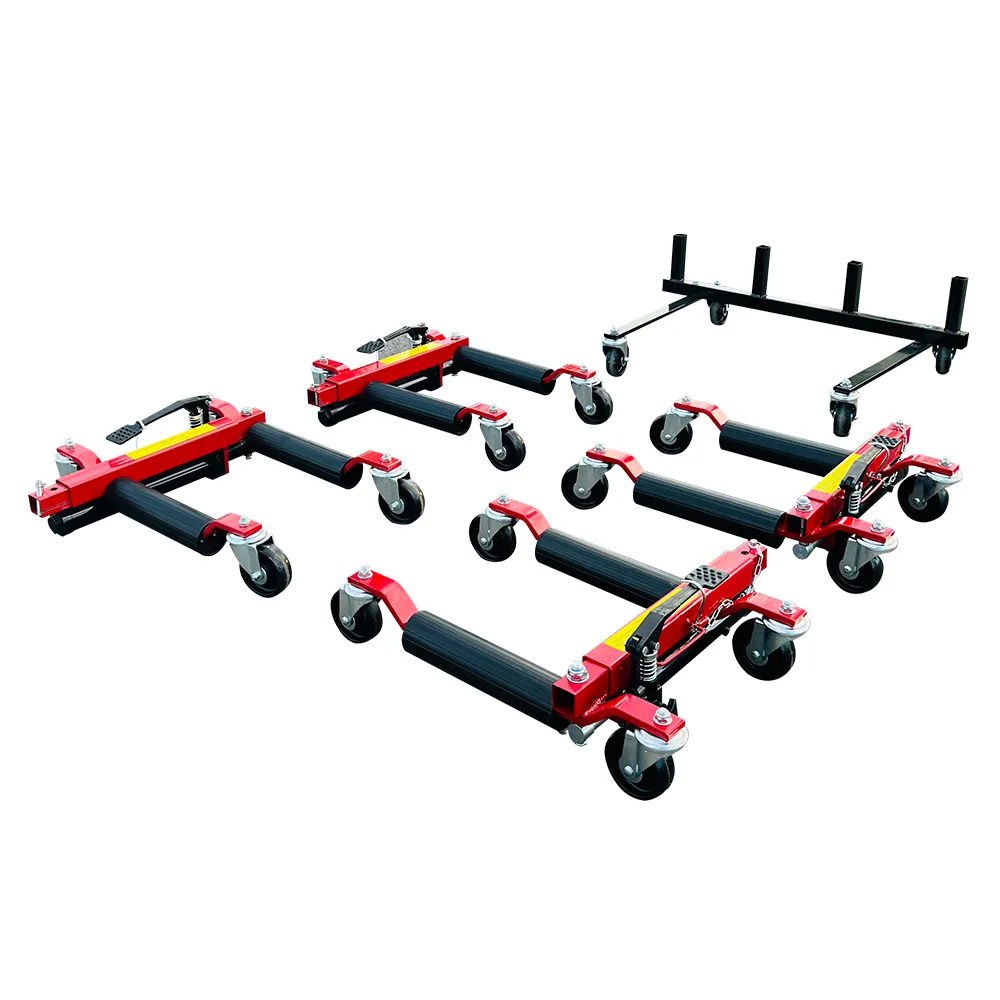
(75 ton shop press)
FAQS on 75 ton shop press
Q: What are the key differences between a 75 ton shop press and a 50 ton shop press?
A: The main difference is capacity: a 75 ton press handles heavier-duty tasks like bending thick metal, while a 50 ton press suits lighter jobs such as bushing replacement. Build size and price also increase with higher tonnage.
Q: When should I choose a 55 ton shop press over a 60 ton model?
A: Opt for a 55 ton press if your projects involve medium-duty automotive or machinery repairs. A 60 ton press is better for industrial applications requiring slightly higher force, like pressing large bearings or gears.
Q: Can a 75 ton shop press be used for delicate tasks?
A: Yes, many 75 ton presses feature adjustable pressure settings, allowing precision work like small bearing installations. However, a 50-60 ton press may offer better control for frequent light-duty use.
Q: How do safety features vary between 50 ton and 75 ton shop presses?
A: Both typically include safety locks and reinforced frames, but 75 ton models often add dual hydraulic valves and thicker steel plates to handle extreme pressure. Always follow manufacturer guidelines for any tonnage.
Q: Is the price difference between 60 ton and 75 ton shop presses justified?
A: The higher cost of a 75 ton press reflects its heavy-duty construction and extended capabilities for industrial use. A 60 ton press provides better value for semi-professional workshops needing occasional high-force applications.
Products categories
Latest News
-
Unlock the Power of the Spring Compressor for Your Projects
NewsApr.01,2025 -
Unlock the Power of Safe and Efficient Compression with the Spring Compressor
NewsApr.01,2025 -
Unlock Maximum Efficiency with the Spring Compressor
NewsApr.01,2025 -
Maximize Efficiency and Safety with the Spring Compressor
NewsApr.01,2025 -
Discover the Efficiency of the 2 Ton Foldable Shop Crane: A Must-Have for Auto Repair and More
NewsApr.01,2025 -
Discover the Best Spring Compressor for Your Needs
NewsApr.01,2025 -
Unlock the Full Potential of Your Workspace with the Tools Trolley
NewsMar.21,2025
